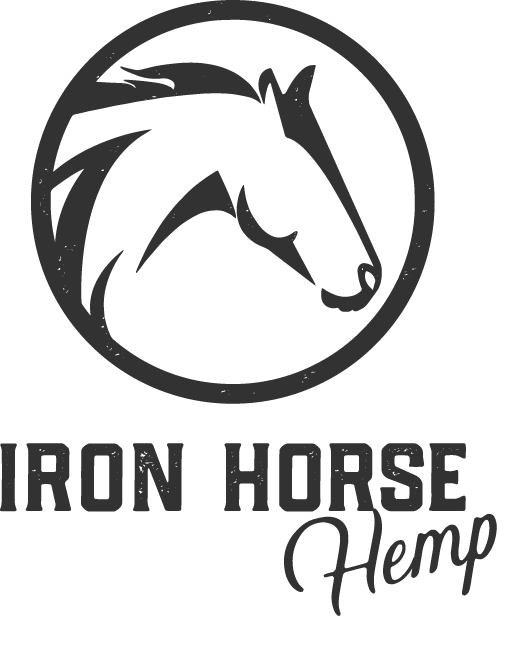Written By: Brittany Davis, MSc, PhD Student, PAS
Photography By: Good Spirit Photography
What is Protein?
Protein is the major building block of life, it is involved in every major tissue, structure and role in the body. Protein is actually made up of a chain of smaller building blocks called amino acids. The horse doesn’t need the whole proteins it eats but instead needs the individual amino acids that make up the proteins. Think of amino acids like Lego bricks, you can use individual bricks to make just about anything you can imagine. Amino acids work the same way, the body uses them as the building blocks to make all types of proteins like muscles, enzymes, hormones, and even antibodies. There are 20 primary amino acids, 10 of which are essential amino acids. The body is able to make some amino acids itself. However, essential amino acids cannot be made by the body and therefore must be obtained through the diet.
Essential Amino Acids
Most people are familiar with one of the essential amino acids, lysine. Lysine is the first rate-limiting amino acid in horses, meaning that if your horse doesn’t have enough lysine it can’t build all the different proteins it needs for the body to function properly. The other nine essential amino acids in horses are methionine, threonine, arginine, histidine, leucine, isoleucine, phenylalanine, tryptophan, and valine. The body isn’t able to store excess amino acids, they all have to be present and circulating in your horse’s body at the same time when the body is making a protein. If a protein like an enzyme or antibody is being made and the body runs out of an essential amino acid, the protein being made isn’t put on hold and waits for more of that amino acid to show up, instead, that half-built protein is actually destroyed, and the body doesn’t finish building whatever it needed. If the body cannot consistently make a protein it needs to function normally, the horse can start developing health problems.
Low Protein in Diets
Reduced or insufficient protein intake results in decreased growth in growing horses, weight loss and muscle loss in adult horses, fetal loss in pregnant mares, and decreased milk production in lactating mares. In competitive horses, you can see a loss of muscle, difficulty developing muscle, and problems with maintaining a good “top line”. Other signs of protein deficiency include poor appetite, poor hair growth, and reduced hoof growth. Keep in mind these symptoms are not exclusive to protein deficiency and can also be signs of other mineral deficiencies and health conditions. Working with your vet and nutritionist can help you determine what is deficient in your horse’s diet and how you can correct it.
Hempseed as a Protein Source
There are a few different ways to add extra protein to your horse’s diet. Hempseed is one of the highest seed sources of protein averaging between 30 and 35% protein and 9-11% fat. Studies have shown that hempseed protein is highly digestible (1). Hempseed contains higher amounts of all 10 essential amino acids than wheat, corn, rice, or even whey powder. Hempseed has a comparable protein composition to soybean and is a good source of essential amino acids such as alanine, leucine, lysine, methionine, threonine and valine. Hempseed also has a higher arginine content than any other common protein feed source, including soybean.
Hempseed Digestibility
Highly digestible protein is important, as only protein absorbed in the small intestine can be absorbed and used by the horse. Protein that has lower digestibility may not be broken down and absorbed in the small intestine and instead pass through to the hindgut. Protein broken down by the hindgut is used by the microbiome populations and not much is able to be used by the horse. Hempseed’s highly digestible protein and high content of essential amino acids mean that most of the protein will be absorbed in the small intestine and available for the horse to use. Hempseed also contains essential omega 3 and omega 6 fatty acids, while being free of any CBD or THC, which makes it a great option as a protein supplement for horses. Hempseed is also highly palatable and most horses, even picky eaters, will happily eat it.
References
House, J. D., Neufeld, J., and Leson, G. (2010) Evaluating the quality of protein from hemp seed (Cannabis sativa L.) products through the use of the protein digestibility-corrected amino acid score method. J. Agric. Food Chem. 58, pp. 11801-11807.
NRC (2007) Nutrient Requirements of Horses. 6th revised edition. The National Academies Press; Washington D.C.


